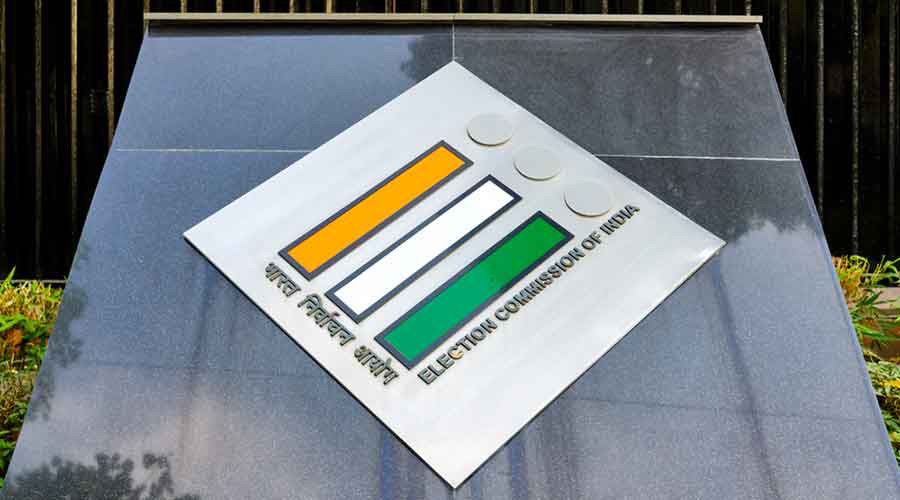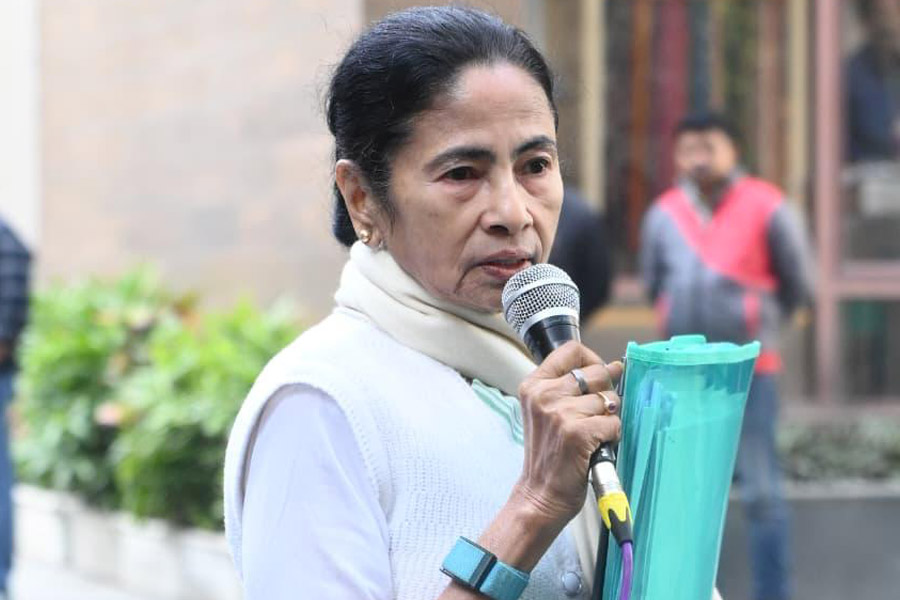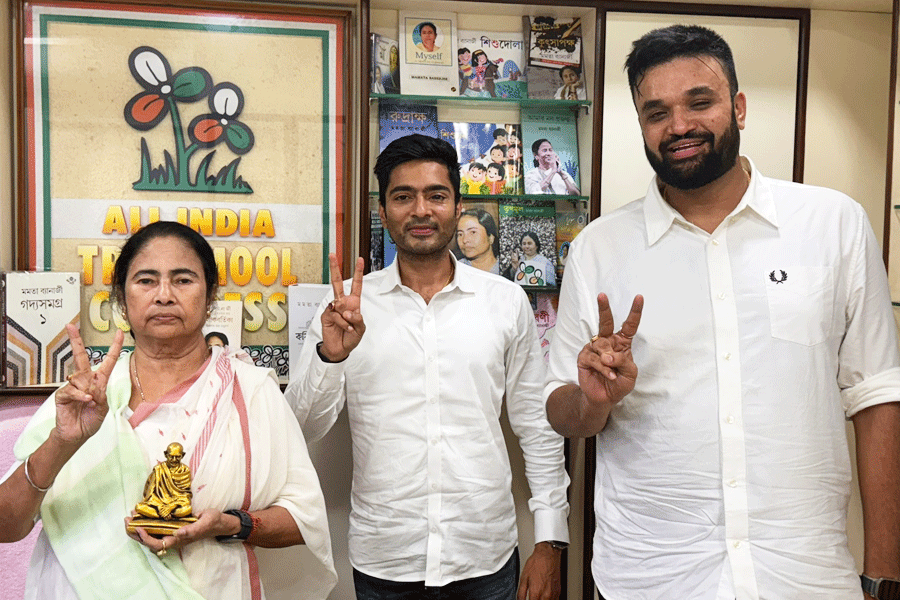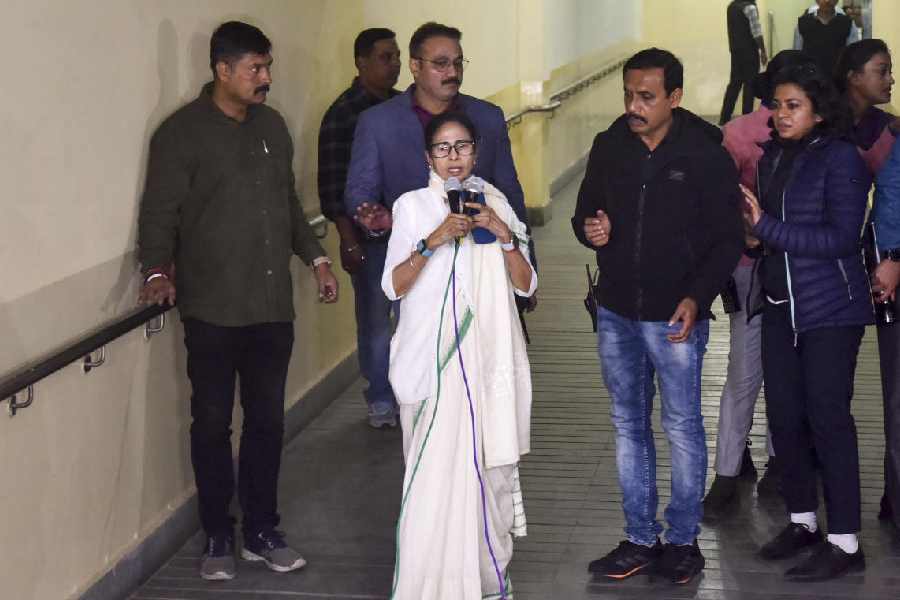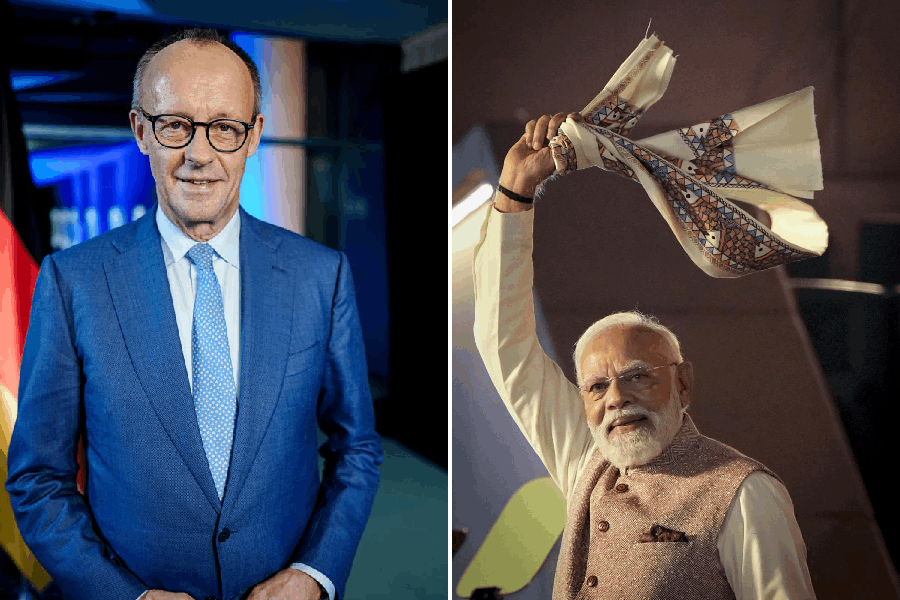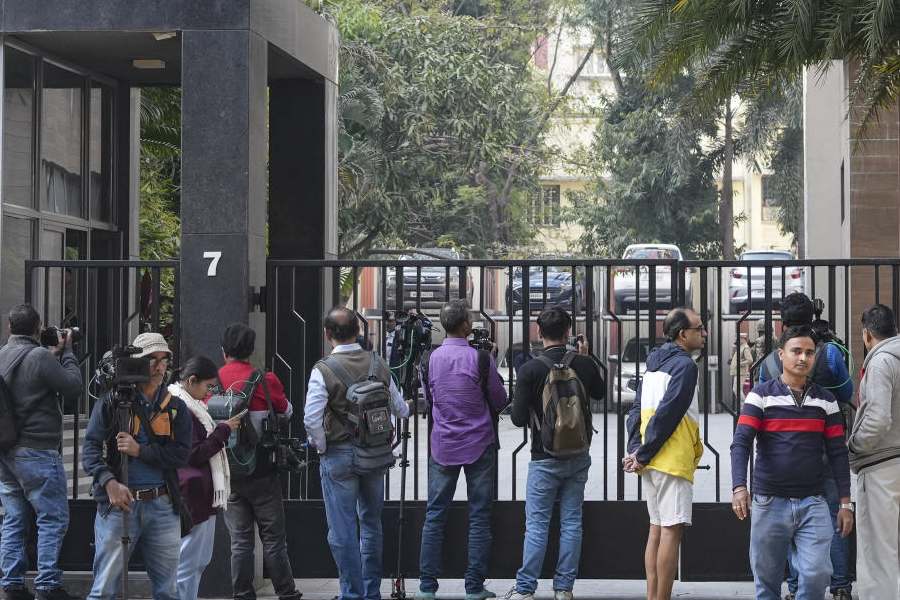The Supreme Court on Monday refused to entertain an Election Commission plea to restrain the country’s police from registering murder cases against its officials on the basis of oral observations by Madras High Court that blamed the poll panel for the Covid resurgence.
The apex court also ruled out restraining the high courts from making such oral observations or the media from reporting them, asserting the media was the “watchdog” of democracy and needed to report such oral observations for the public good.
Madras High Court had on April 26 castigated the commission for allowing poll rallies, held it “singularly” responsible for India’s second Covid wave, called it the “the most irresponsible institution” and said its officials might be booked for murder. It later refused to recall its observations.
Last week, a culpable homicide case was registered in Calcutta against deputy election commissioner Sudeep Jain over a poll candidate’s death from Covid. The case was registered on a complaint from Nandita Sinha, wife of Trinamul candidate Kajal Sinha who was on Sunday posthumously declared elected from Khardaha.
While refusing the commission’s plea, the apex court bench of Justices D.Y. Chandrachud and M.R. Shah said the poll panel was free to approach Calcutta High Court and seek quashing of the culpable homicide case.
“We will have to maintain sanctity of judicial order; we will have to also give liberty to the chief justice of high court. We also feel that the media should include in its reports everything that has been observed in the court,” Justice Chandrachud told senior advocate Rakesh Dwivedi, counsel for the commission.
“We cannot pass any directions that media cannot report the contents of the oral discussion in court and only report the order. This is because the discussion in a court of law is equally in public interest. When we are dealing with the superior courts like the high courts, I place this (oral) discussion at the same pedestal as the final order.
“Now, we cannot say that the media will not report the discussion made in the court.... The media is of course the watchdog of the sanctity of this process (court proceedings).
“It is the reporting of this process which gives confidence to the public.... It is this process which discloses to the public that there has been an application of the mind to assuage the concerns of citizens.”
Nor can the apex court order high court judges to confine themselves to pleadings or the written order, the bench said. “If we restrain ourselves from dialogues, then it would cause serious harm to the judicial process.”
Justice Chandrachud said the bench had no control over the registration of cases filed on the basis of oral observations by the high courts. In such a situation, it said, the commission had the legal remedy of approaching the high court concerned and seek quashing of the FIR.
“You (commission) can approach the high court (in Calcutta) under Section 482 (CrPC),” the bench said.
Later, the court said it would pass a “balanced” written order on the commission’s appeal against Madras High Court’s oral observations.


